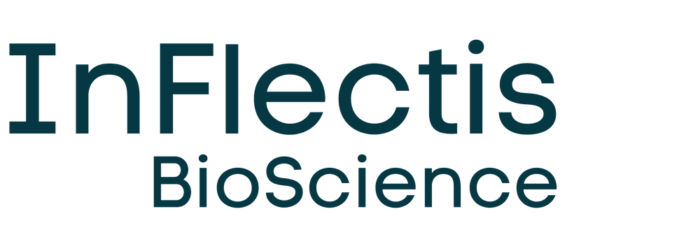- IFB-088 has been granted Orphan-Drug Designation from the FDA in the treatment of Amyotrophic Lateral Sclerosis (ALS).
- IFB-088 is a first-in-class small molecule thought to prolong the protective effect of the Integrated Stress Response, a pathway that prevents buildup of misfolded disease-causing proteins.
- InFlectis, which obtained authorization to start a phase 2 trial in Europe (France and Italy) in patients with bulbar-onset ALS, expects to enroll the first patient this summer before initiating a larger study in the US and worldwide.
 InFlectis BioScience received Orphan-Drug Designation from the U.S. Food and Drug Administration (FDA) for its investigational treatment for Amyotrophic Lateral Sclerosis (ALS), IFB-088. In preclinical studies, IFB-088 has been shown to prolong the protective effect of the Integrated Stress Response, giving cells additional time to repair or eliminate mis-folded proteins that can result in diseases such as ALS. The Company plans to initiate a Phase 2 trial in Europe (France and Italy) this summer. Orphan drug designation provides for tax credits for qualified clinical trials and extended market exclusivity for up to seven years as a way to encourage companies to develop treatments for rare conditions.
InFlectis BioScience received Orphan-Drug Designation from the U.S. Food and Drug Administration (FDA) for its investigational treatment for Amyotrophic Lateral Sclerosis (ALS), IFB-088. In preclinical studies, IFB-088 has been shown to prolong the protective effect of the Integrated Stress Response, giving cells additional time to repair or eliminate mis-folded proteins that can result in diseases such as ALS. The Company plans to initiate a Phase 2 trial in Europe (France and Italy) this summer. Orphan drug designation provides for tax credits for qualified clinical trials and extended market exclusivity for up to seven years as a way to encourage companies to develop treatments for rare conditions.
“The granting of ODD reflects the need for new treatment options with new mechanisms of action for patients diagnosed with ALS. This is an important milestone for the company and a significant step forward in our US and European clinical development and regulatory strategy for IFB-088,” said Béatrice Lejeune, Ind. Pharm., Chief Regulatory Officer of InFlectis. “Phase 2 clinical data from an analog to IFB-088 reported last year demonstrates the potential of an ISR modulator to slow the progression of ALS, in particular in bulbar-onset ALS patients.
“We are now preparing the setup of clinical operations and planning to enroll the first patient this summer,” explained Philippe Guédat, PhD, Founder, President, Chief Executive Officer of InFlectis. “In our development plan we expect to initiate larger studies in the U.S. and worldwide for the whole ALS population.”
